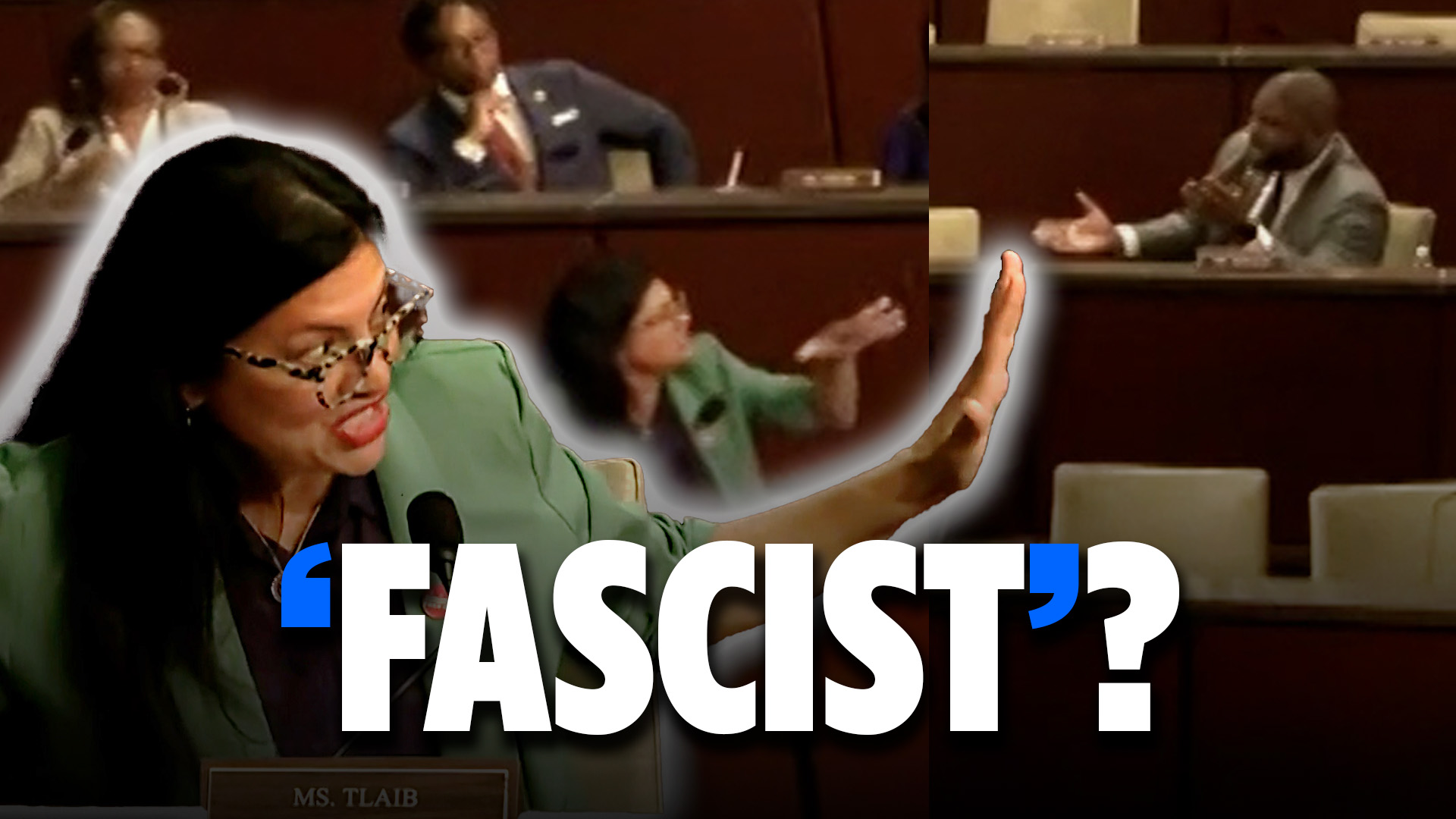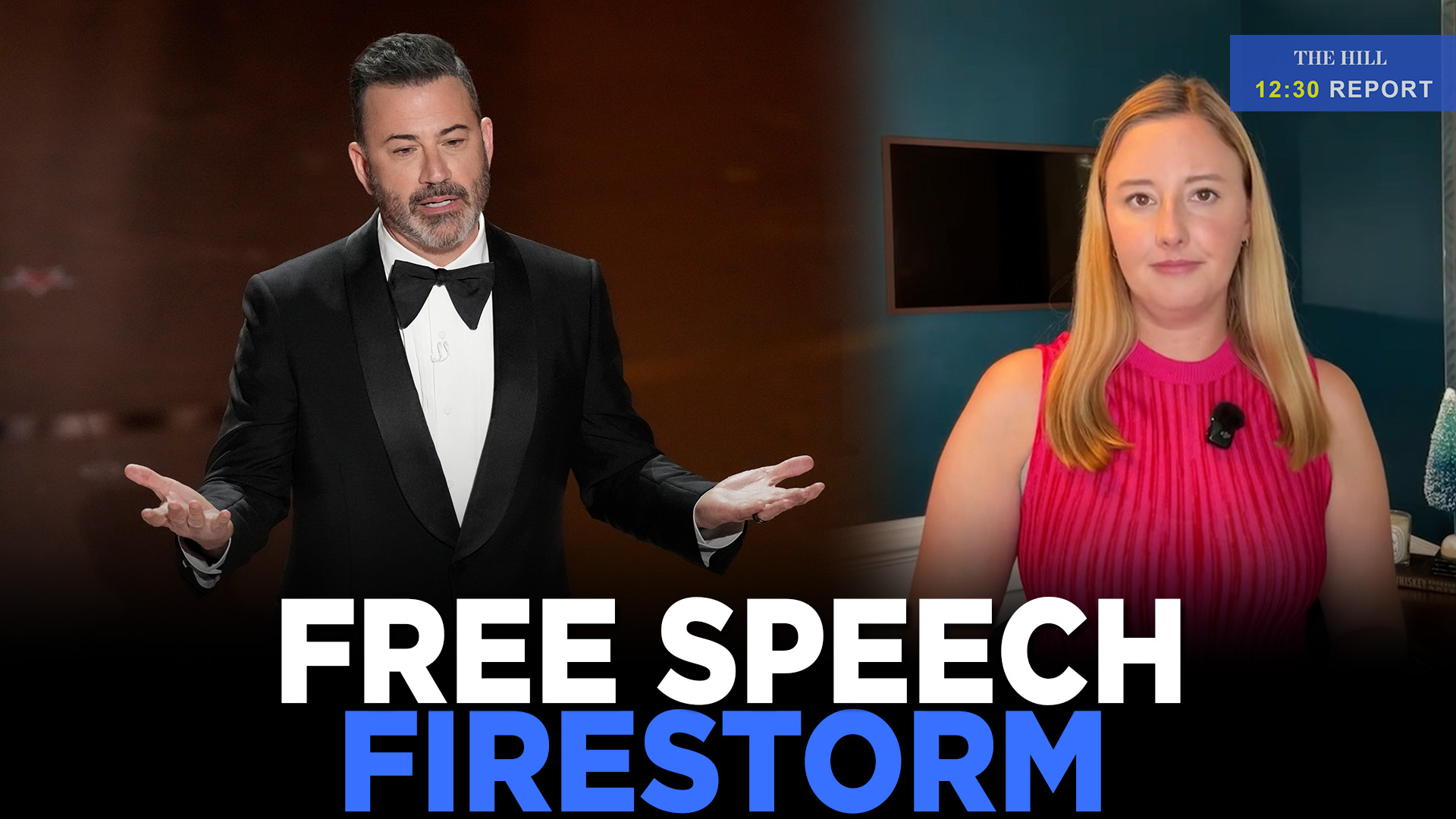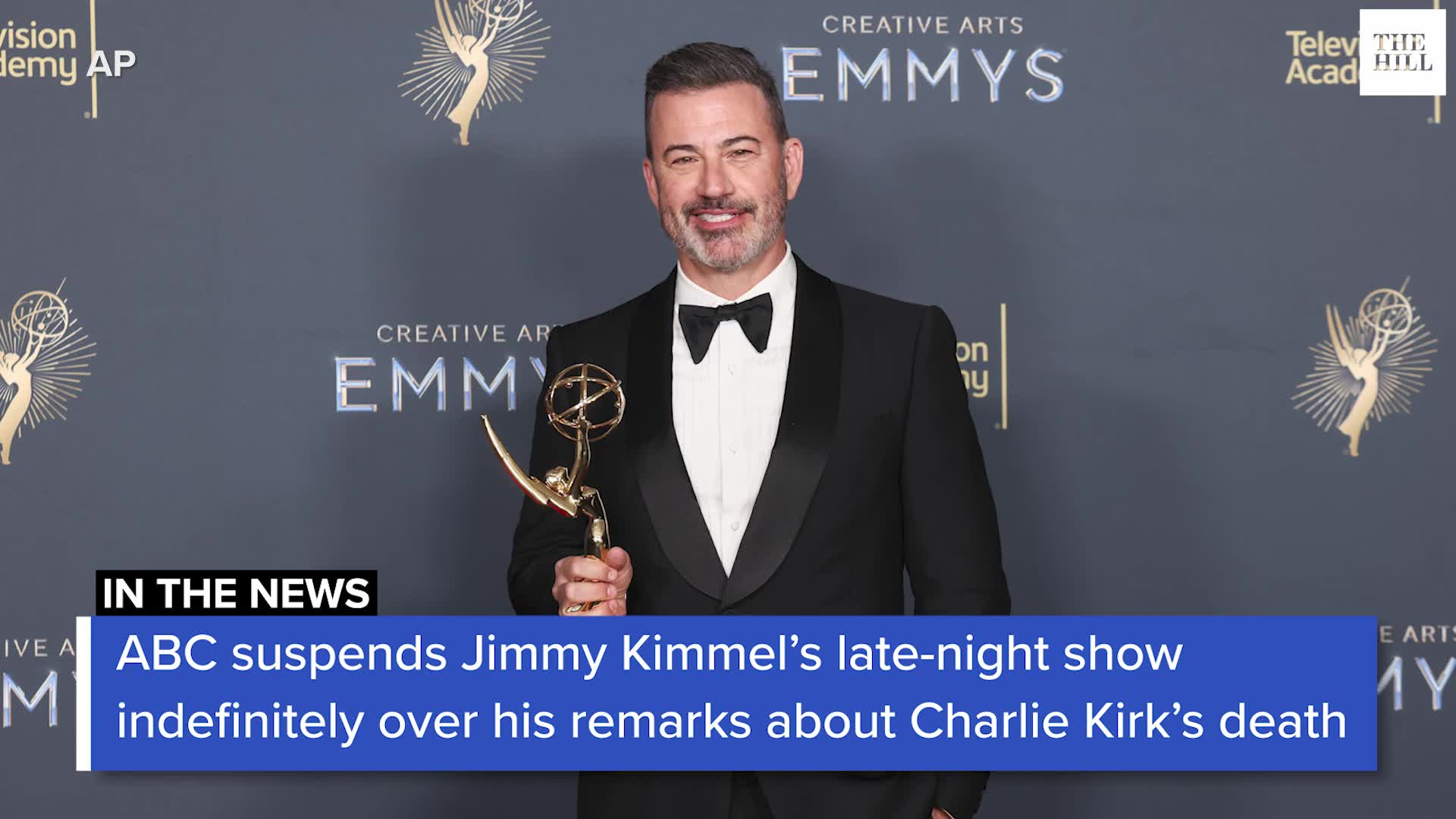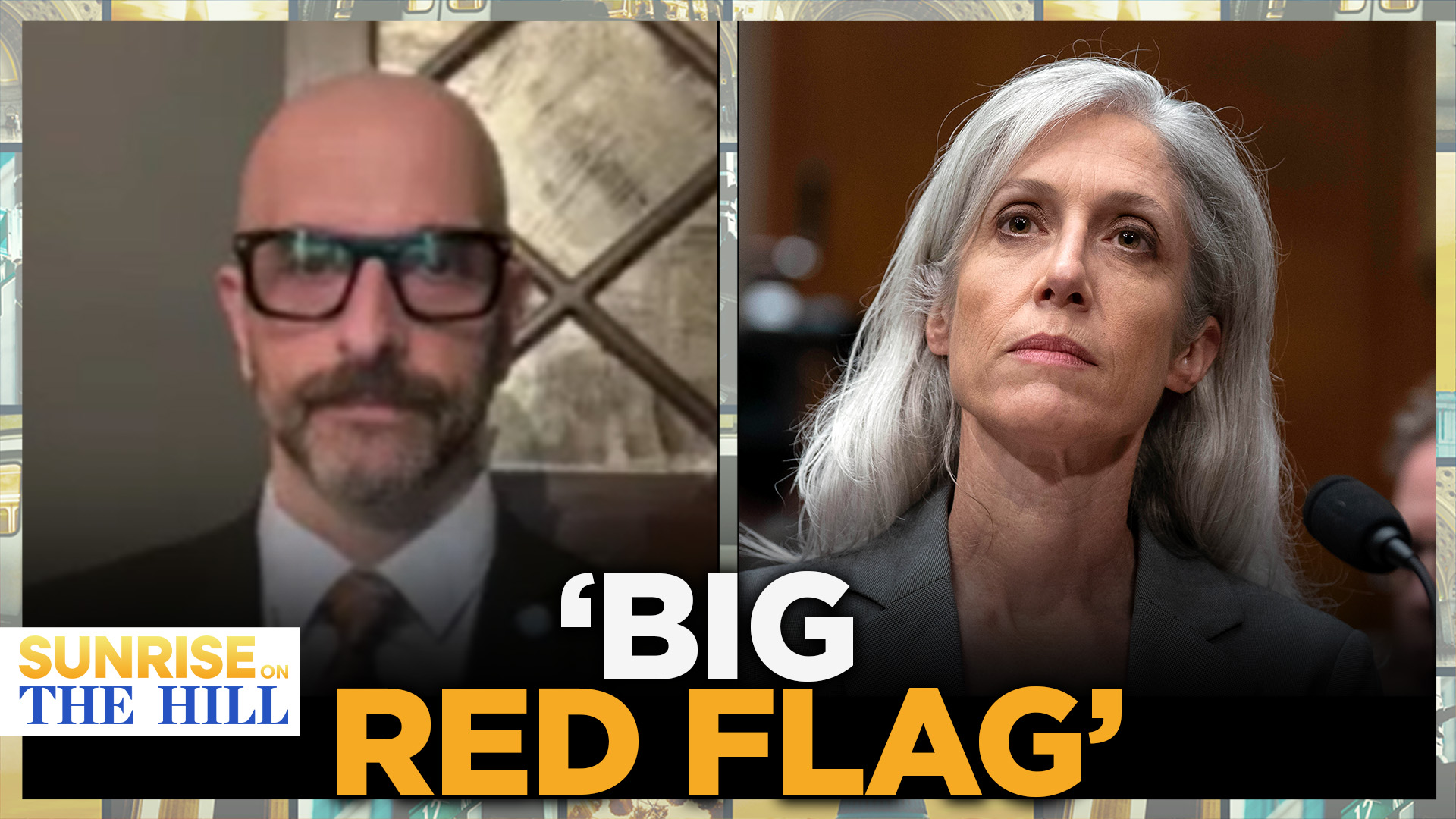Israelis and Palestinians can’t have peace when terror is profitable

During the night of June 30, 2016, a 13-year-old Jewish Israeli girl named Hallel Yaffa Ariel, who was also a citizen of the United States, was asleep in her bedroom in the West Bank settlement of Kiryat Arba.
She was hoping, perhaps with the inconstancy that is typical of 13-year-olds, to be a zoologist when she grew up. We will never know what her future would have held.
{mosads}That night, while Hallel slept, a young Palestinian named Mohammad Tra’ayra, who was in his late teens and lived in the nearby Arab village of Bani Na’im, managed to climb over the fence that encircled Kiryat Arba. Tra’ayra was armed with a knife. He somehow made his way undetected to Hallel’s bedroom, and there he stabbed the sleeping girl numerous times.
The ensuing commotion aroused the settlement’s guards, and they rushed to Hallel’s bedroom and confronted Tra’ayra. He was shot dead. Hallel died of her wounds.
None of the foregoing facts are in dispute. Nor is there any dispute that the so-called Palestinian Martyr’s Fund pays Tra’ayra’s family $350 each month, because he is considered to be a “martyr” by the Palestinians.
Indeed, when she learned of Tra’ayra’s death, his own mother said he was a “hero” who had “died as a martyr defending Jerusalem and the Al-Aqsa Mosque.” There is no record of whether Tra’ayra’s mother said anything about how Hallel died.
Now Mr. Daoud Kuttab, a contributor to The Hill, writes an opinion piece in which he claims that payments from the “Martyr’s Fund” cannot possibly be thought of as rewards for murderous acts of terrorism.
Rather, the payments are a “social stipend” that “is given to Palestinian families whose breadwinner is killed or incarcerated. It is not a reward for acts of terror, but a natural act of social support that is provided to all Palestinian families.
Families of widows, orphans and the disabled all get a stipend to pay for necessary food and housing.”
The only problem with Mr. Kuttab’s analysis is that it is false.
First of all, the very name “Martyr’s Fund” makes perfectly clear that cold-blooded killers, like Tra’ayra, will be rewarded (or their families will be rewarded) no matter how heinous their crime: slaughtering 13-year-old Hallel in her sleep made Tra’ayra a “martyr.”
Secondly, there is absolutely no “needs” test attached to payments from the “Martyr’s Fund.” Tra’ayra’s family did not consist of widows, orphans, or the disabled—his father, who presumably was the bread-winner for the family, was alive when Tra’ayra murdered Hallel.
Additionally, the “Martyr’s Fund” pays more to captured terrorists who receive a longer sentence in Israeli prison than to those who receive a shorter sentence, thus rewarding criminals who perform the most heinous acts.
If payments from the “Martyr’s Fund” were “social support,” it would make no sense to grant bigger payments to those with longer sentences.
If a prisoner’s family needs $500 per month to live, that’s what it needs to live. The amount doesn’t increase just because the “bread-winner” has been sentenced to a longer sentence.
Only a person who either is ignorant of the facts, or who does not care about the facts, could say that payments from the “Martyr’s Fund” are not rewards for acts of terrorism. The more brutal the acts, the longer the prison sentence.
The longer the prison sentence, the bigger the payment from the “Martyr’s Fund.”
A prisoner’s family doesn’t need more generous monthly “social support” just because the prisoner has been sentenced to a longer prison term—that bigger payment is obviously a reward for more heinous crimes.
On the day she learned of her son’s death, Tra’ayra’s mother called him a “hero” and a “martyr” because he had been killed after he fatally stabbed a sleeping 13-year-old girl.
I can say with confidence that Hallel Yaffa Ariel’s mother was not similarly exultant when she learned of the death of her daughter.
People who are seriously interested in advancing peace between Israelis and Palestinians ought to think carefully about the story of Hallel Yaffa Ariel and Tra’ayra, and about what it implies.
David E. Weisberg is an attorney, and a member of the New York state bar. His writing has appeared in the Social Science Research Network and in The Times of Israel.
The views expressed by contributors are their own and are not the views of The Hill.
Copyright 2023 Nexstar Media Inc. All rights reserved. This material may not be published, broadcast, rewritten, or redistributed.












